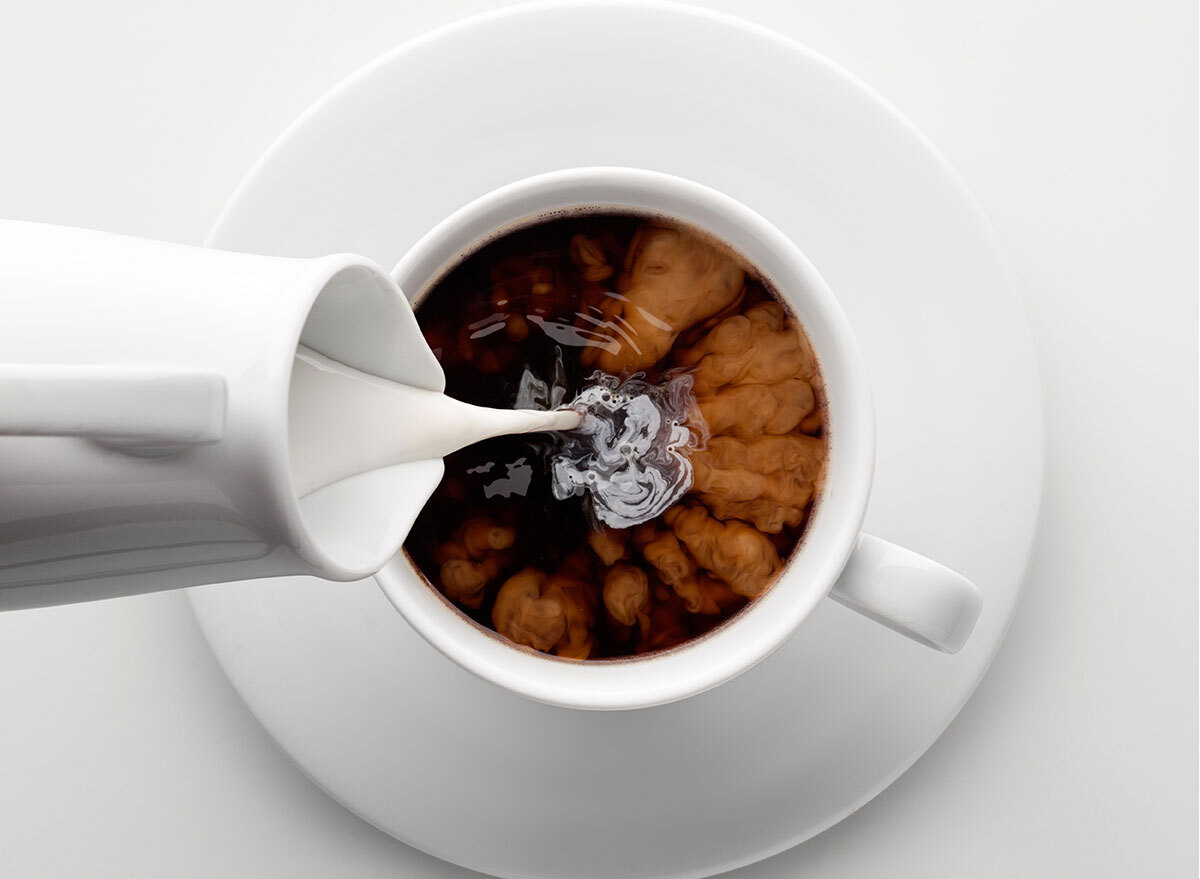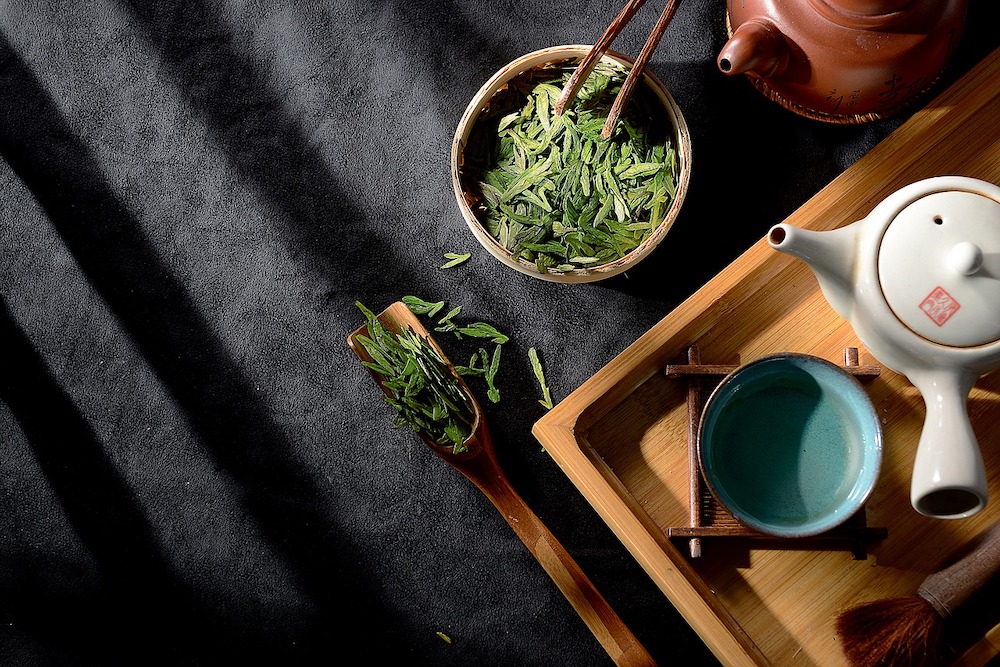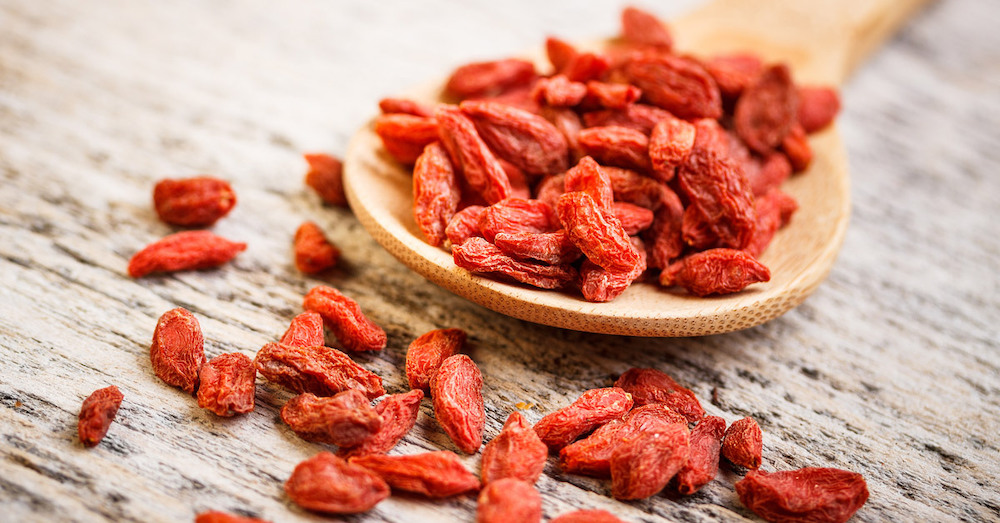The most dangerous foods to avoid at the supermarket: here is the Black List
What are the most harmful foods for our health, according to Coldiretti?
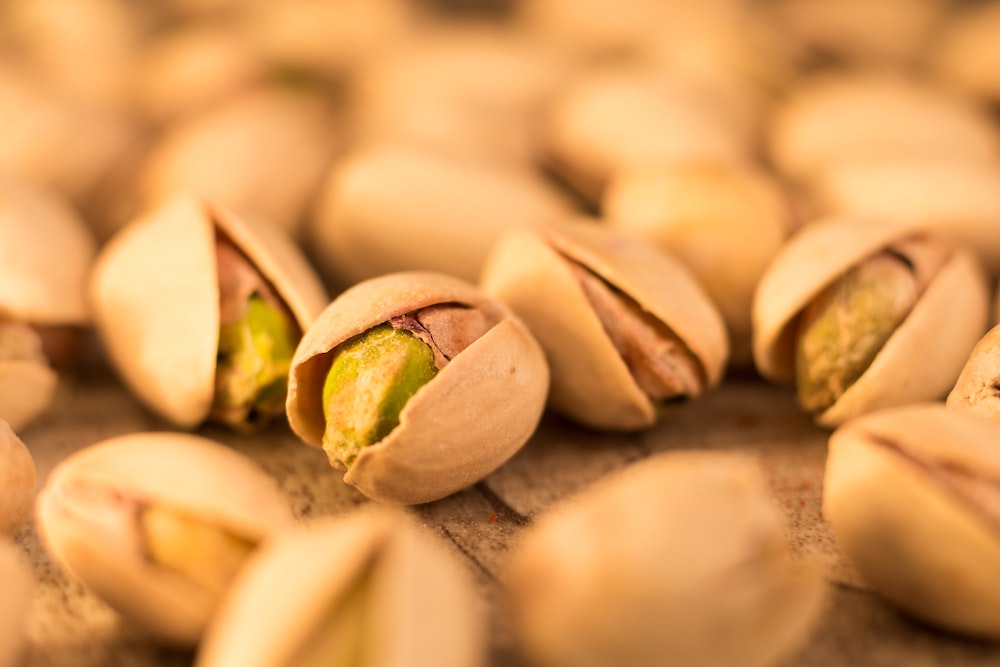
How much do you feel sure of the quality of products for sale at the supermarket? Are you among those who simply trust the brand or are you among those a controlling to the label the damage in any case? To any group belonged, know that in Italy (and in Europe) there are institutional bodies that are dedicated exclusively to the control of food quality that arrive on the banks of our trusted supermarket and, consequently, on our tables. An example? EFSA, the European Food Safety Agency. And every year, crossing the data provided by EFSA and those of the Ministry of Health, Coldiretti creates a sort of blacklist, reporting important food products in Italy which - due to toxic residues containing - are harmful to health, I obviously advise against consumption.
A strategy to solve almost the whole problem? Becoming conscious consumers, read labels and consume Italian products. Not by pure campanism but because, data to hand, Italian food products found "risky" are on average only 1.5% of total production, the lowest data throughout Europe. In other European countries and the rest of the world, much more superficial regulations and much less stringent controls are applied, with less guarantees for consumer health. Take notes on what you are going to read and, from today, watch the labels!
Pakistan rice
Rice from Pakistan was one of the most contaminated foods in the year just spent. High content of systemic and insecticide fungicides (almost 13%) were found. Better avoid it carefully.
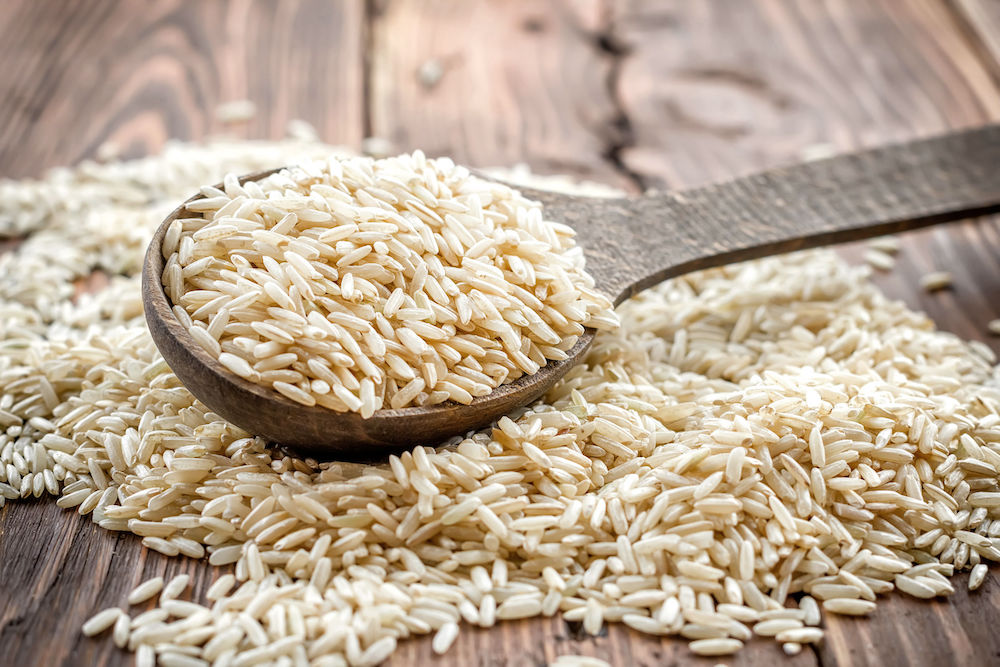
Nutmeg and other spices
In the nutmeg and in other spices imported from Indonesia important traces of Aflatoxins have been found. What are? Aflatoxins are micotoxins produced by mushrooms and molds. They are very toxic and, not surprisingly, are considered among the most carcinogenic substances existing in nature.
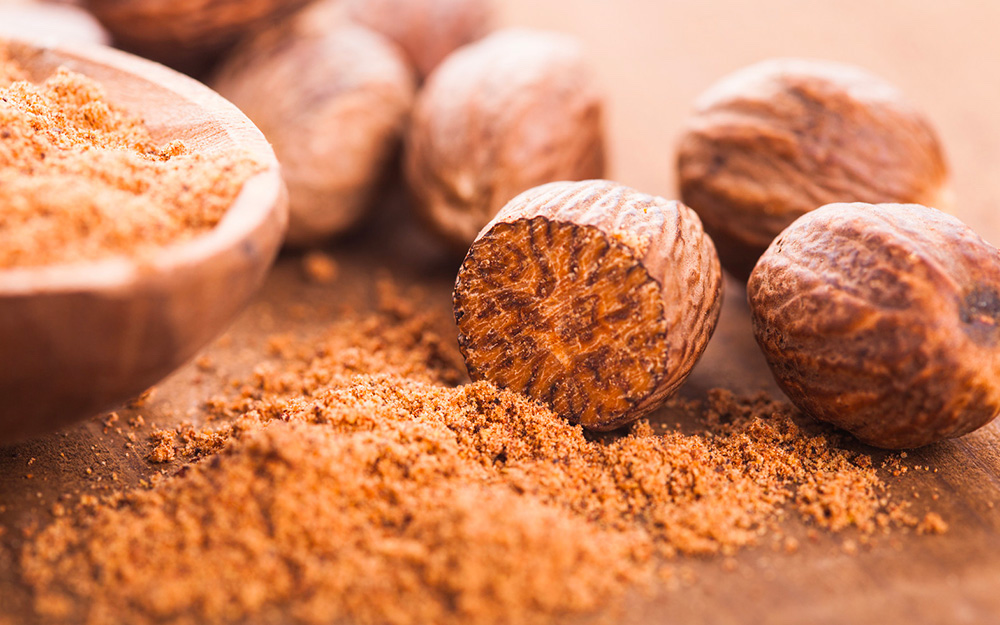
Strawberries, peppers and table olives from Egypt
Strawberries, pomegranates, oranges, peppers, table olives. It's just some of the products imported from Egypt reported for the content of harmful substances. Pesticide residues (almost 10%), dyes and additives that have been banned for years have been detected.
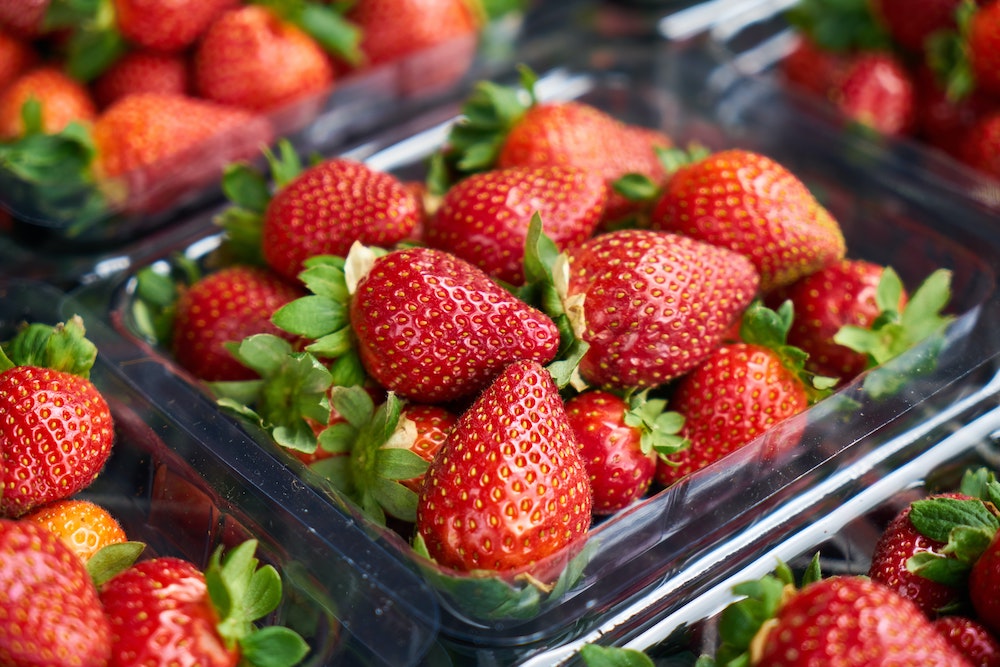
Pistachios and peanuts
Pistachios with the largest number of messages come from Turkey and Iran, while the most harmful peanuts come from China and the United States. Also in these products excessively high levels of Aflatoxins have been detected.

Hazelnuts from Turkey
Turkey is probably the country that exports the products of the worst quality in Italy. Not for appearance, but for harmful substances that contain. Think that only 3000 reports were there last year. The PRINCE product is the hazelnut. It is cultivated in Turkey for considerable economic savings, but the hazelnuts who then arrive in our homes are rich in Aflatoxins and other chemical residues. If we consider that Italy is among the best producers in the world of quality hazelnuts, why go to buy harmful and poor products elsewhere? Our health is really less than a few euros?
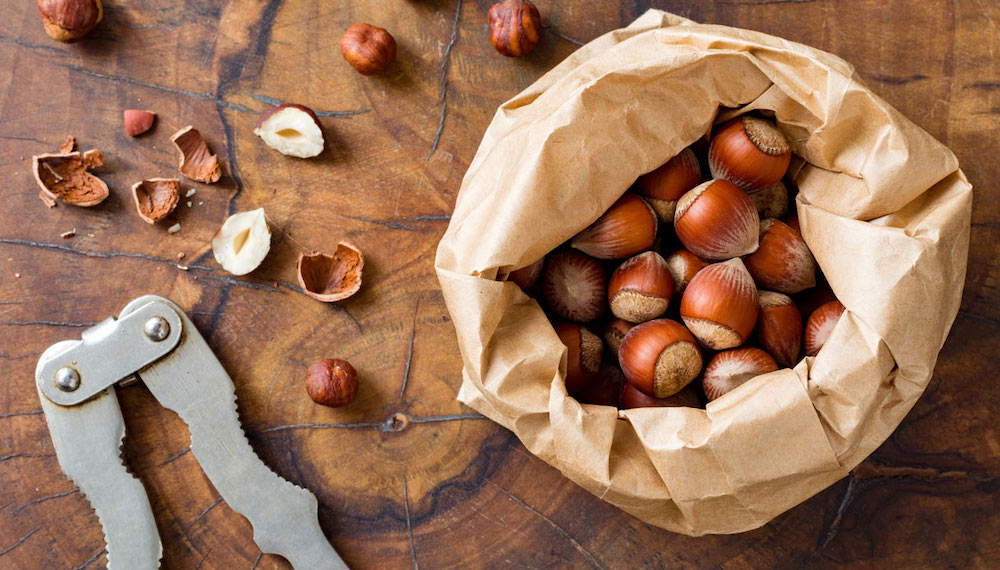
Fish
When you buy the fish you are careful. Carefully avoid the Vietnam Pangasium, often contaminated with high quantities of heavy metals, and look with mistrust the fish from Spain. From the Spanish neighbors we import over 10% of the fish products that we find on our banks, but they are also those with the greatest number of reports for the presence of mercury and other harmful substances. Avoid especially swordfish and tuna.
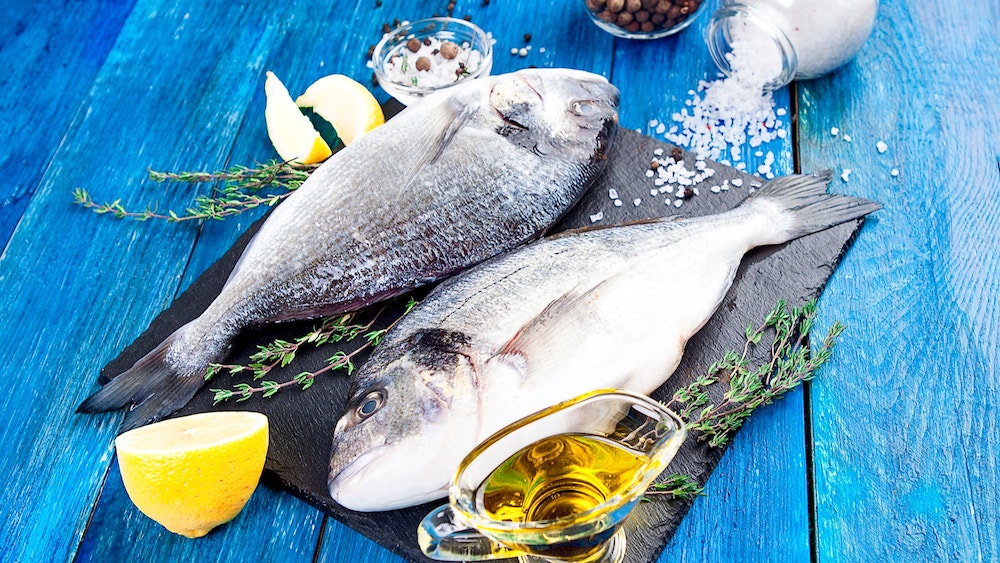
Goji tea and berries from China
China is the second country, after Turkey, by number of reports. Followed by India and the United States. In tea and goji berries, over 13% of carbofuran was detected, one of the most toxic carbamous pesticides. At this point, why not buy a goji plant from your trusted nursery and produce good berries directly at your home?

Johnny Depp has just been forced to get out of the "Harry Potter" franchise

7 training options for introvertes who prefer to die than going to the gym
